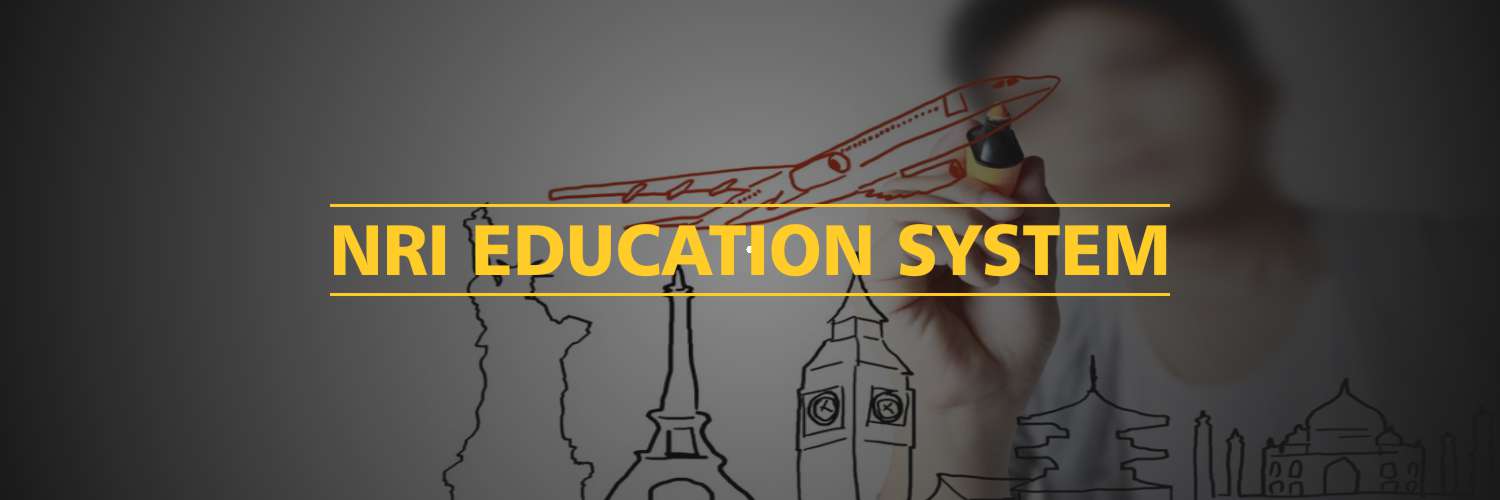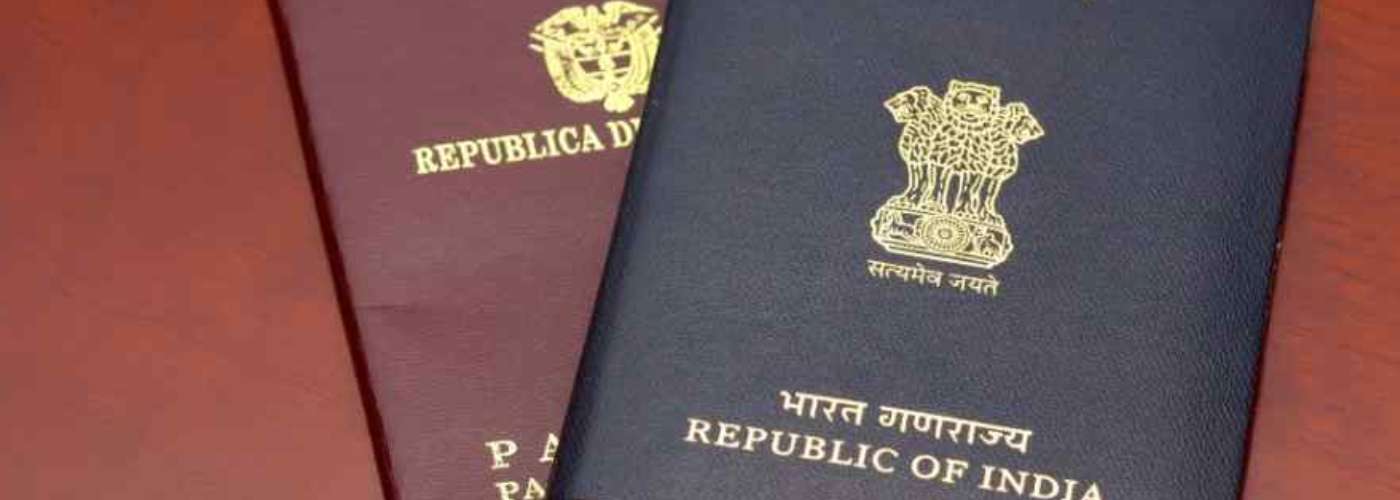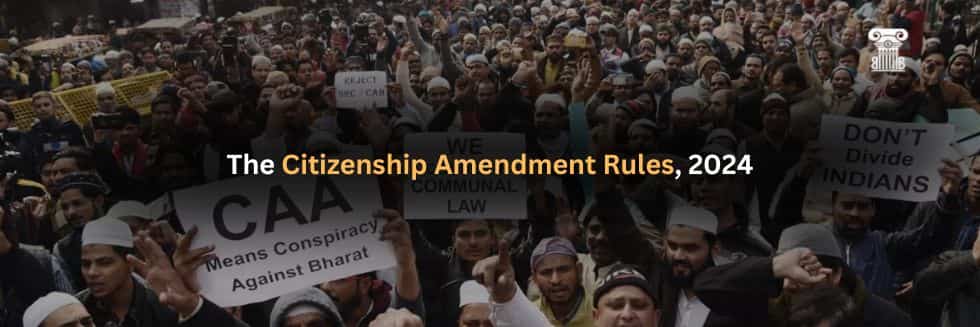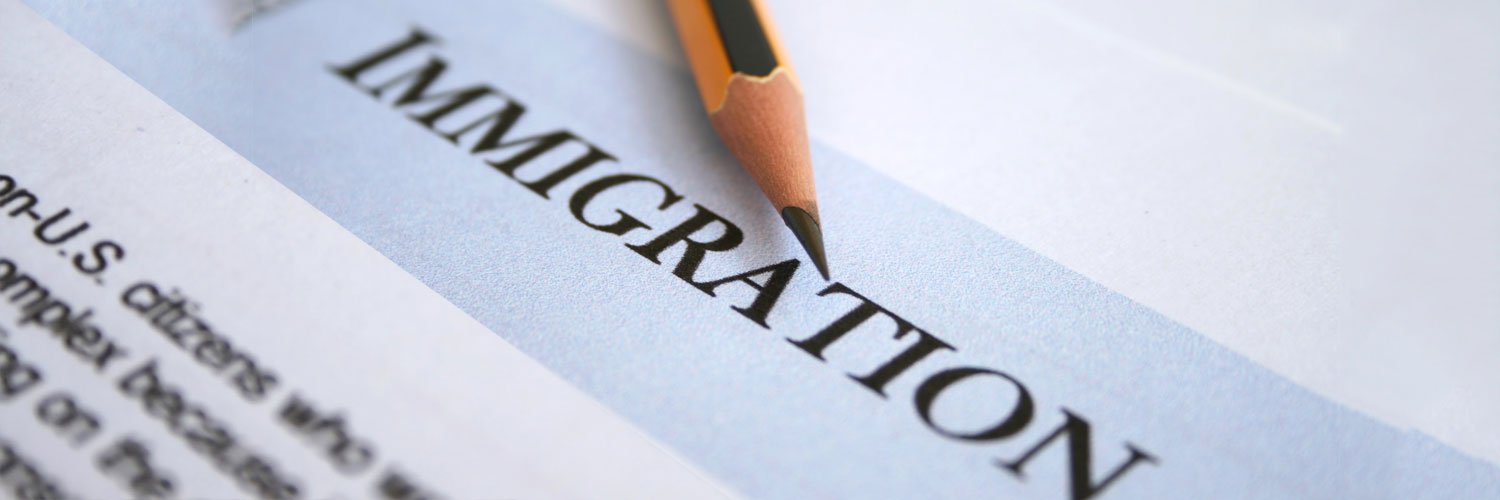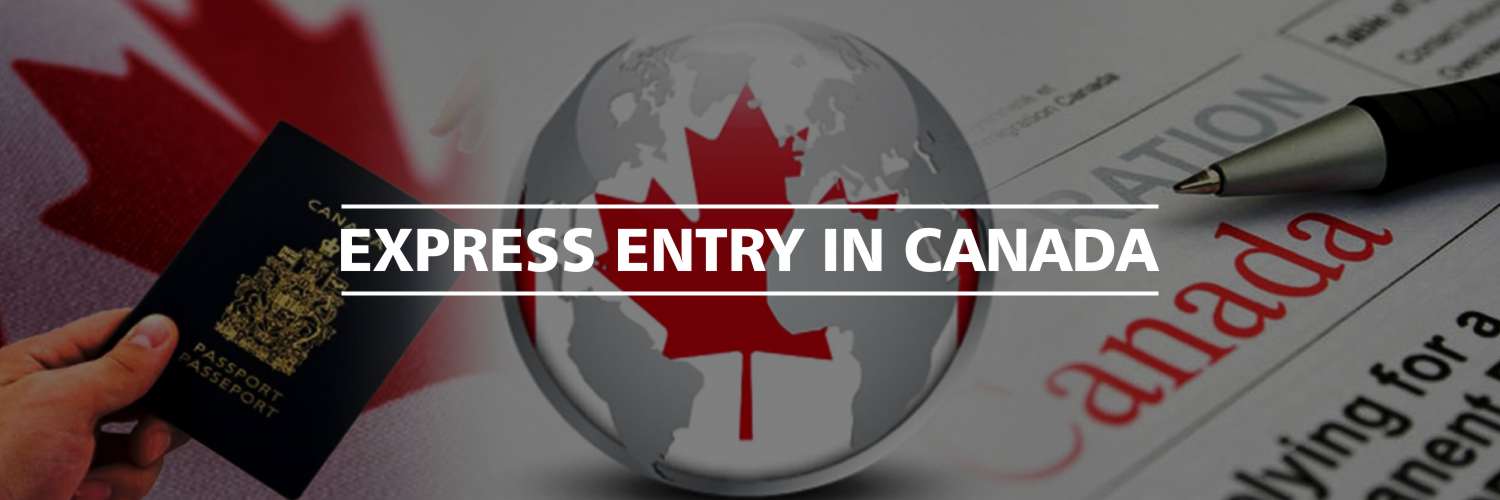Who are Non-Resident Indians?
An Indian citizen or a foreign citizen of Indian origin/roots who stays in foreign lands for employment/carrying on business or under prospects indicating an intention for an uncertain duration of stay abroad is NON-RESIDENT INDIAN.
Definition: FEMA 2000 defines NRI’s as “A person Resident outside India who is a Citizen of India or a person of Indian Origin is called a Non-Resident Indian.”
Non-Resident in India for NRI Children
Schools in India today have a fee structure that may amaze many Non-Resident Indians who left India several years ago. Some schools have a different fee structure for the schooling of children whose parents inhabits abroad. School fees for children of NRI’s are notably higher than other children in the same school.
Non-Resident Indian (NRI) Admission Process
NRI (non-resident Indians) defined as those who have stayed outside India for more than 10 years.
Eligibility:
This admission category is applicable to those who have passed their 10th or 12th or both from an Indian board (CBSE or ICSE) outside India with minimum 60% cumulative except those NRIs from Pakistan and Bangladesh.
If the applicant falls into the category of NRI students and is interested in applying for an undergraduate course in engineering or pharmacy then he/she is immune from appearing for MHT-CET-2011. The applicant can appear for AIEEE. ADMISSION PROCEDURE:
Admission Procedure:
If you wish to apply, then the procedure mentioned below must be followed.
- Fill up the application form for Foreign Nationals/Foreign Students/Persons of Indian Origin and Children of Indian Workers that is available.
- The completed application form along with the required documents (mentioned below) should be sent to the address mentioned in the form.
- Admission is based on 12th Standard Marks and according to merit, the college comes up with one or more lists.
Documents Required:
(A) For Persons of Indian Origin (PIO)/ Children of Indian Workers in Gulf Countries
- Proof of PIO / NRI from the Indian Embassy in the respective country.
- Residence proof / Work Permit
- Passport of the applicant is mandatory in case of PIO and also in case of foreign nationals/ foreign students.
- In case of PIO passport of the applicant and either of his/her Parents or Grand Parents or Great Grand Parents issued by Government of India is also required.
- Completed Application form with recent color photograph pasted and signed in the space provided.
- Application fees of Rs. whatever mentioned (Nonrefundable) in the form of Demand Draft in the name of Director, College of Engineering, city, payable at City.
- (10+2) Examination Mark sheet or in the case of grade sheet, an equivalent mark sheet showing the relationship between grades and marks issued by the competent authority.
(B) For Foreign National / Foreign Student
- Passport of the Applicant
- Passport of the applicant is mandatory in case of foreign nationals/ foreign students.
- Completed Application form with recent color photograph pasted and signed in the space provided.
- Application fee of Rs. ____(Nonrefundable) in the form of Demand Draft in the name of Director, College of Engineering, city, payable at the city.
- (10+2) Examination Mark sheet or in case of grade sheet, an equivalent or identical mark sheet showing the relationship between grades and marks issued by the competent/proficient authority.
Schooling is no longer cheap in India. Even before a child is permitted, the chances are that several parents have no choice but to pay admission fees that are supposedly masked as donations. Some schools now charge as much as Rupees five thousand just for their school brochure and admission application form and this does not guarantee admission. Basically, they are selling you just an application form for the probability of getting your child admitted to their school. In case you are wondering this is for all parents, even Indian citizens are expected to pay this.
Other school charges in India can be things like Hostel fee, Transportation fee, Books, Stationery and Educational Supplies and materials, Uniforms etc.
Parents in India of school children not only pay school fees but have to shell out money that goes to the school in many other forms.
Considering the school uniforms and books that must be purchased from school labeled and directed sources only, even ordinary school notebooks that have the school logo have to be paid for instead of the budget notebooks one can buy at the stationary store.
